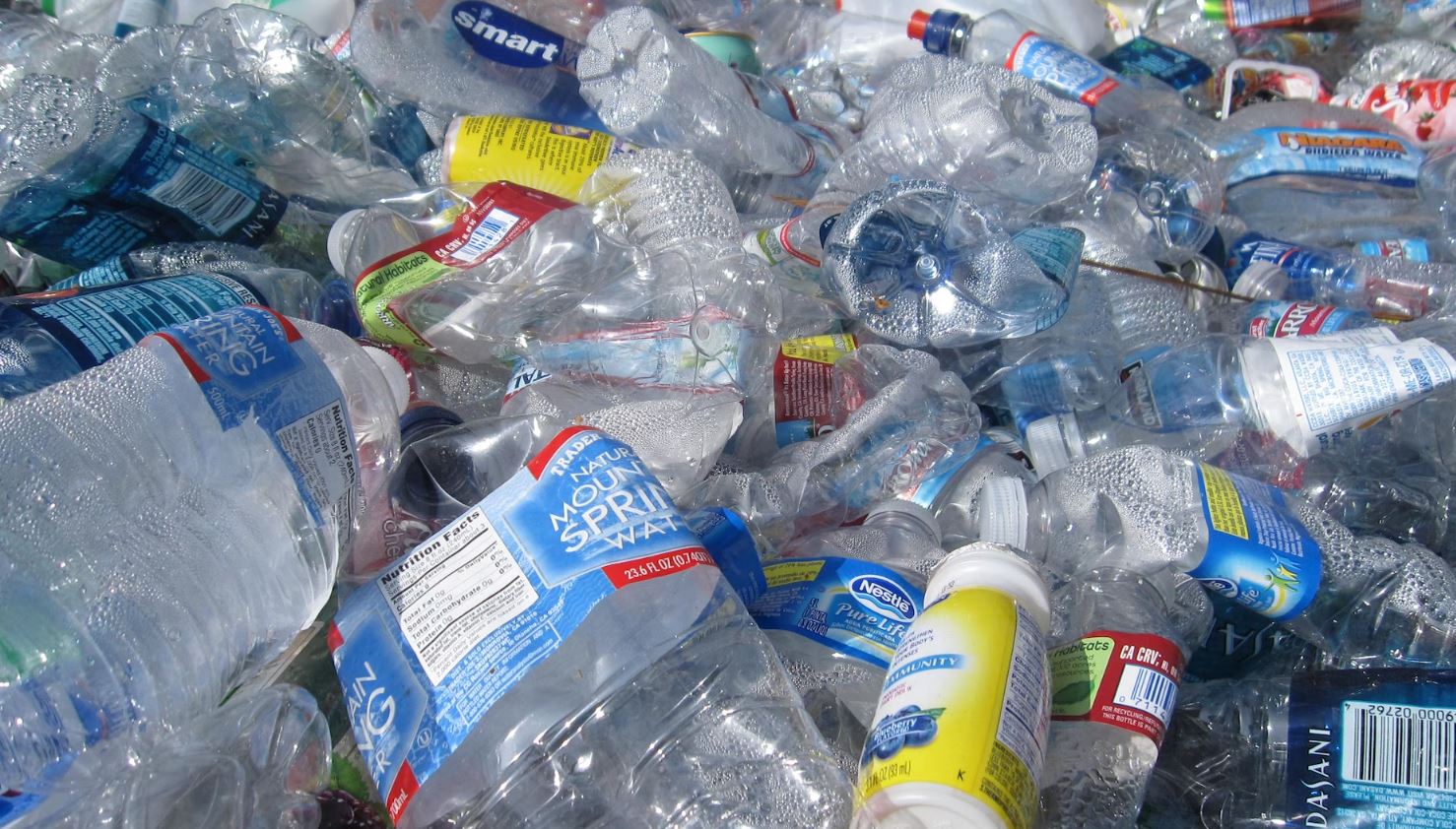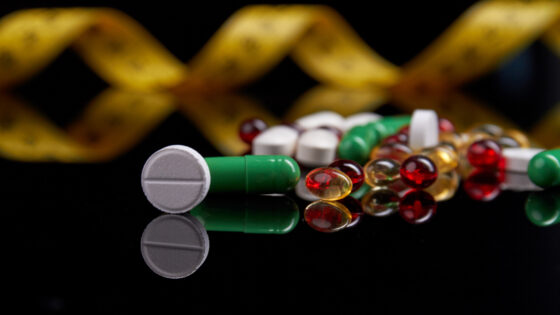
Credit: Unsplash
Out of the ocean and into a microscopic stomach.
Plastic waste is one of the most pressing environmental concerns of the modern age, right up there with climate change. There are loose bottles, containers, and rings all over the place; in the ocean, on the ground, and cluttering up landfills. While recycling efforts certainly help, recycling only works if the bottles go in the proper bin. Plastic containers dropped on the ground or thrown in the regular trash just sit around taking up space and harming local wildlife, and unlike combustible garbage, plastic won’t decompose for at least a hundred years.
In order to remedy this, researchers have been developing new ways to break plastic down into its composite parts. Recently, director of the Centre for Enzyme Innovation at the University of Portsmouth John McGeehan revealed an impressive tool in cutting down plastic waste: enzymes. Enzyme research has been a weapon of choice for environmental scientists for a few years now, but while these enzymes can break down the plastic, the process still takes too long. McGeehan’s “super enzyme,” however, makes a meal of plastic in a fraction of the time.
The enzyme is a combination of two previously developed enzymes, PETase and MHETase. By stitching the DNA of these two enzymes together, a two-pronged feaster is created that breaks down plastic containers six times as fast as PETase did by itself. Stitching enzymes together like this is actually a common tool of the biofuel industry, but this is the first time anyone has thought to take such an approach with plastic.
“We were actually quite surprised it worked so well,” McGeehan told CNN of his creation.
The enzyme is still a bit too slow to be commercially viable. Six times the speed of a hundred-year process is still quite a while, after all. Still, for their impressive progress, McGeehan and his team have been awarded additional funding to develop the enzyme further. If they can make this work, reclamation of plastic could become a much faster, simpler process, which would both reduce plastic pollution and save the world a bundle on energy costs.
































